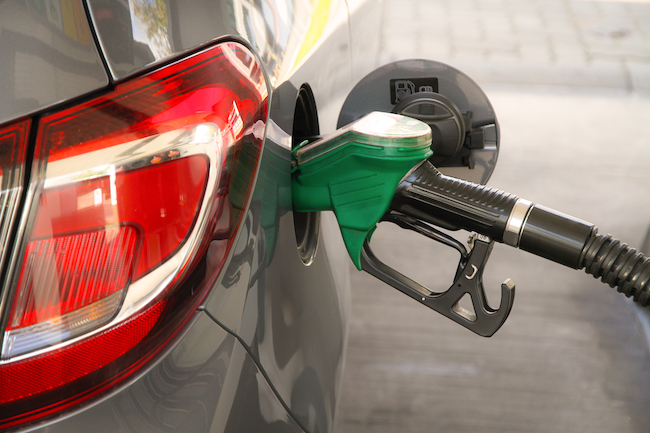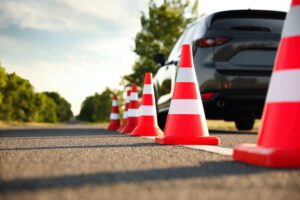How To Save Money on Petrol: Charging, Behaviour and Petrol Stations

How To Save Money on Petrol: Charging, Behaviour and Petrol Stations
In 2022 Petrol prices in the UK reached record highs, and it became more important for drivers to do all they could to save money on petrol.
In this post we’ll explore a few ways you can save money on petrol, including some ways you can spread the cost of your fuel and some driving tips that can help you save fuel.
Find a Car That’s Cheap to Run
Choose a Fuel-Efficient Car
Some cars consume more fuel than others. It’s no easy task to simply change the car you’re driving. But if you’re really worried about the price of petrol, it may be time to switch to a more efficient vehicle. The cost and the hassle of changing your car now could prove worthwhile when you consider how much you could save in fuel costs in the long-term.
Petrol vs. Diesel vs. Hybrid
Depending on which type of vehicle you’re currently running, you might be able to save money by switching. Take a look at our guide to how petrol, diesel, and hybrid cars differ in terms of performance and reliability.
Tax Free and Low Insurance Cars
There’s a strong link between car tax – or vehicle excise duty – and fuel efficiency. Fuel-efficient vehicles may also cost less to insure, as they’re generally smaller and more affordable than high performance cars. So take a look at our guide to the best tax free cars, and to the cheapest cars to insure.
Small and Affordable Cars
Finally, smaller, safer, and more affordable cars are often cheaper to run and can be great cars if you are looking to purchase a car for a first-time driver.
How to Calculate How Much You’re Paying For Petrol
To work out your fuel costs, the best thing you can do is make a note each time you fill up and how many miles you have driven each time (you should be able to see your mileage on your dash). By doing this, you can work out how much you’re paying per mile, on average. After a few top-ups, you’ll also be able to work out how much you’re paying per day, per week or per month too.
If you don’t have time for that, there are a number of ways you can predict how much you’re paying for petrol.
Ways To Split the Cost of Fuel
If you use your car to commute to and from work, consider sharing your journey with a co-worker who lives in the same area as you. This way, you can split the cost of the petrol, meaning you’ll both make savings.
Working out exactly how much each person owes can be difficult so here are some top tips on how to calculate petrol money so that everyone pays their fair share.
You’ll also find this useful if you share your car with other members of your family. If each of you only pays for the petrol you use, you’ll each end up paying less for petrol overall.
Rethink Your Driving Habits
The way you drive can make a huge difference to the amount of fuel your car consumes, and the amount you pay for petrol.
In short, fast and aggressive driving, with lots of sudden starts and stops, consumes a lot of fuel. But slower, smoother, and safer driving puts less of a strain on your car, which reduces your fuel consumption.
We have a few guides on our site to the sort of driving behaviour that can make a difference to fuel consumption.
First, take a look at our guide to nine easy ways to save on fuel.
Next, read our guide to “EcoSafe driving”. This post explores some of the questions that appear in the theory test relating to driving habits and fuel efficiency. It then looks at some of the behaviours that can make a difference to the amount of fuel you use.
Shop Around at Petrol Stations
Finally, don’t take it for granted that the price of fuel at one petrol station will be the same as everywhere else. Get to know all the fuel stations in your area and look for those that charge less than others.
Which Petrol Stations are Cheapest?
Petrol stations on main roads and motorways will almost always charge more than the petrol stations you might pass in your town or village. Supermarkets often have relatively competitive petrol prices too.
This is because petrol stations on major roads primarily attract drivers who are prioritising convenience and necessity over budget. And supermarkets have an incentive to encourage people to their stores – as once you’re there, you may well pop in to the main store to do a shop.
It’s not worth driving miles out of your way just to save a few pennies on the price of petrol. But if you find somewhere within driving distance that invariably charges less than everywhere else, you could still make some good savings.
Making Savings On Your Insurance
With petrol prices fluctuating, we know you’ll be wanting to save as much as you can on other car costs. For new and young drivers, car insurance is one of the biggest expenses you’re likely to have. For more ideas on how you can save, see our guide – how to get cheaper car insurance for new drivers.






